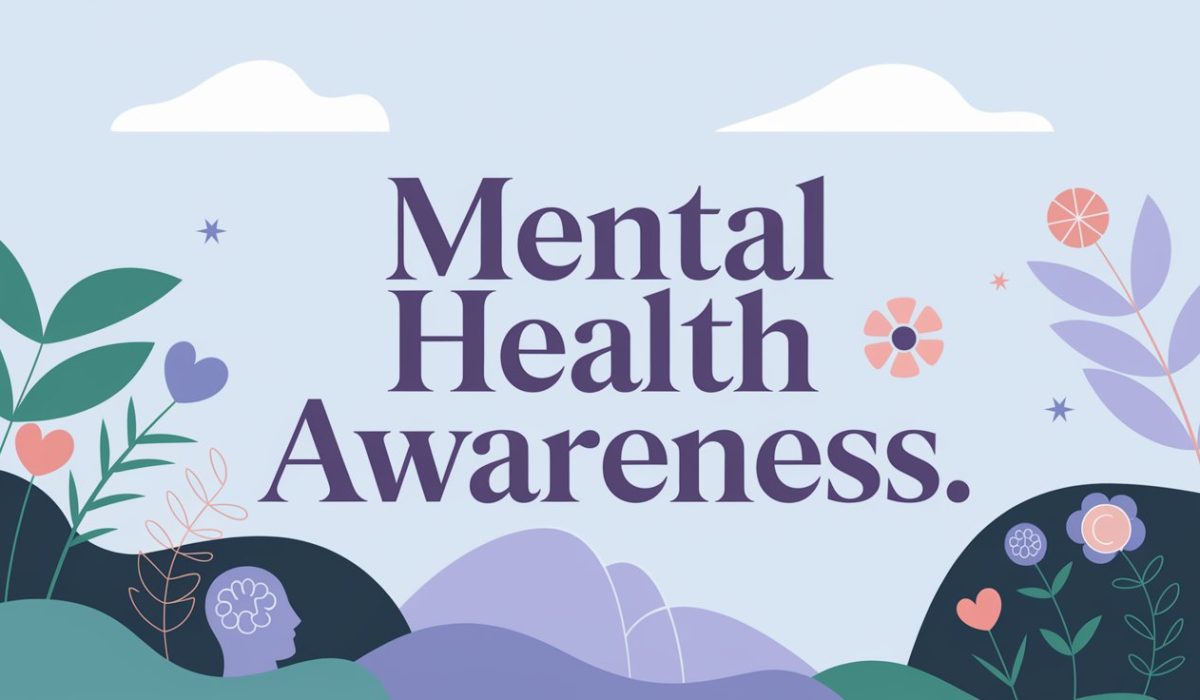Mental Health Awareness: Understanding and Supporting Mental Well-Being
Mental health is a vital part of our overall well-being, yet it often remains overlooked. Raising awareness about mental health helps reduce stigma, encourages people to seek help, and promotes healthier communities.
What is Mental Health?
Mental health refers to our emotional, psychological, and social well-being. It influences how we think, feel, and act. It also affects how we handle stress, relate to others, and make choices. Good mental health is more than just the absence of mental illness; it includes coping with life’s challenges, building strong relationships, and finding joy in daily activities.
The Importance of Mental Health Awareness
- Reducing Stigma: Many people still view mental health issues as a personal weakness. Awareness campaigns help educate the public, fostering understanding and empathy for those struggling with mental health challenges.
- Encouraging Help-Seeking: Awareness encourages individuals to seek help. Knowing that mental health issues are common can empower people to reach out for support without feeling ashamed.
- Promoting Early Intervention: The sooner mental health issues are addressed, the better the outcomes. Awareness can lead to early detection and treatment, improving quality of life.
- Building Supportive Communities: When communities are informed about mental health, they can provide better support systems. This can include schools, workplaces, and family settings that promote mental well-being.
Signs of Mental Health Issues
It’s essential to recognize the signs of mental health issues, which can include:
- Persistent sadness or low mood
- Withdrawal from friends and activities
- Changes in appetite or sleep patterns
- Difficulty concentrating or making decisions
- Increased irritability or mood swings
- Substance abuse as a coping mechanism
How to Support Mental Health
- Educate Yourself and Others: Learn about mental health issues, their symptoms, and how to help those in need. Share your knowledge to promote understanding.
- Encourage Open Conversations: Create a safe space for discussing mental health. Let friends and family know it’s okay to talk about their feelings.
- Be There for Others: Sometimes, just being present is enough. Offer a listening ear and support without judgment.
- Promote Self-Care: Encourage self-care practices, such as exercise, proper nutrition, and mindfulness. These can significantly impact mental health.
- Know When to Seek Help: If you or someone you know is struggling, don’t hesitate to reach out to a mental health professional. Therapy, counseling, and support groups can provide valuable assistance.
Conclusion
Mental health awareness is crucial for building a supportive and understanding society. By educating ourselves and others, we can help reduce stigma, promote early intervention, and create environments where everyone feels safe to talk about their mental well-being. Together, we can foster a culture of acceptance and support for mental health, making it a priority for all.
